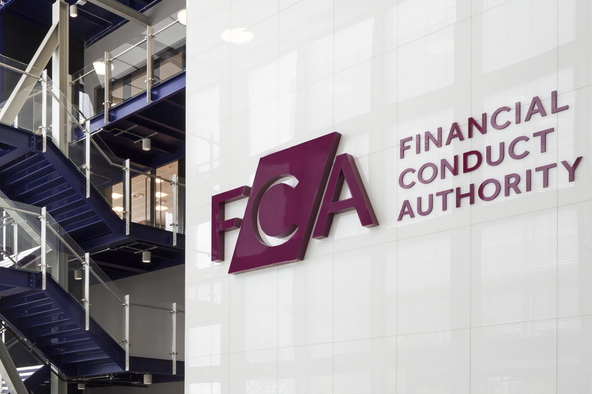The UK regulator said on Monday that it had fined Nailesh Teraiya, formerly the sole controller and chief executive of Indigo Global Partners Limited (Indigo), £5.95m ($7.58m) and banned him from carrying out any regulated activity.
Cum-ex trading is a complex tax avoidance scheme that involves selling and buying shares just before and after a dividend is paid. This allows investors to claim multiple refunds of withholding tax, which is paid to the government on dividends.
FCA findings
The FCA found that Teraiya was responsible for Indigo’s participation in a sham trading scheme which obtained “repayment” of €91.2m ($99.4m) from the Danish tax authority, SKAT. In reality, this was not a repayment of tax as the claim related to shares that did not exist, no dividends had been paid and no tax had been deducted.
The FCA also found that, in addition to £326,000 ($415,000) received through Indigo, Teraiya received more than £5.1m ($6.5m) through third parties in return for his part in the scheme. The fine that the FCA has decided to impose seeks to deprive Teraiya of the financial benefit he has received from his involvement in this scheme.
The claims to SKAT were made using hundreds of false and misleading documents produced by Indigo. These documents falsely certified that clients of Indigo owned large numbers of shares, that dividends had been paid on these shares and that tax had been withheld on these dividends on behalf of the Danish tax authorities. The FCA has found that Teraiya knew that the documents were false and misleading and that they were used to support “reclaims” of tax which had never actually been paid.
“This is a clear example of the action we take against individuals who abuse their position for personal gain and damage the integrity of the UK’s financial system.”
Therese Chambers, joint Executive Director of Enforcement and Market Oversight, FCA
The FCA said that by participating in this sham trading scheme and deliberately misleading the FCA, including by concealing the extent he had personally profited from the trading, Teraiya breached Principle 1 of the Statements of Principle for Approved Persons.
Principle 1 states that “An approved person must act with integrity in carrying out his accountable functions”. Teraiya’s conduct as set out in the Decision Notice was dishonest and lacked integrity.
Therese Chambers, joint Executive Director of Enforcement and Market Oversight at the FCA, said, “As Chief Executive of Indigo and an experienced industry professional, Mr Teraiya knew that these were fake trades, supported by fake documents. He acted dishonestly and personally benefitted to the tune of more than £5m ($6.4m) for his part in this scheme. There is no place for such conduct in UK markets.
“This is a clear example of the action we take against individuals who abuse their position for personal gain and damage the integrity of the UK’s financial system.”
Regulatory enforcement
The FCA has been focusing on regulatory matters rather than criminal investigations. This is the sixth case brought by it in relation to cum-ex trading, with fines for the practice now totalling nearly £22.5m ($28.7m). This work has been facilitated by the extensive engagement between the FCA and global law enforcement authorities.
The FCA has completed a number of cum-ex cases (May 2021, November 2021, July 2022, July 2023 and June 2023) involving illegitimate claims against the Danish Exchequer and other investigations are continuing. (See on GRIP, UK regulator fines ED&F Man £17m ($21.4m) for “serious failings” in oversight of cum-ex trading.)
Publication of the FCA’s Market Watch 52 highlighted various issues and concerns around dividend arbitrage in 2017. The FCA emphasized to firms that its own rules under the UK regime required firms to establish and maintain effective policies, procedures, systems and controls to ensure they are not used to facilitate market abuse, and to minimise the extent to which their businesses may be used for purposes connected with financial crime. It also reminded both firms and senior managers of their responsibilities, as well as identifying a series of areas of concern.
Teraiya has referred his Decision Notice to the Upper Tribunal. The FCA said, “any findings in the Decision Notice are provisional and reflect the FCA’s belief as to what occurred and how it considers his behaviour should be characterised”.

















